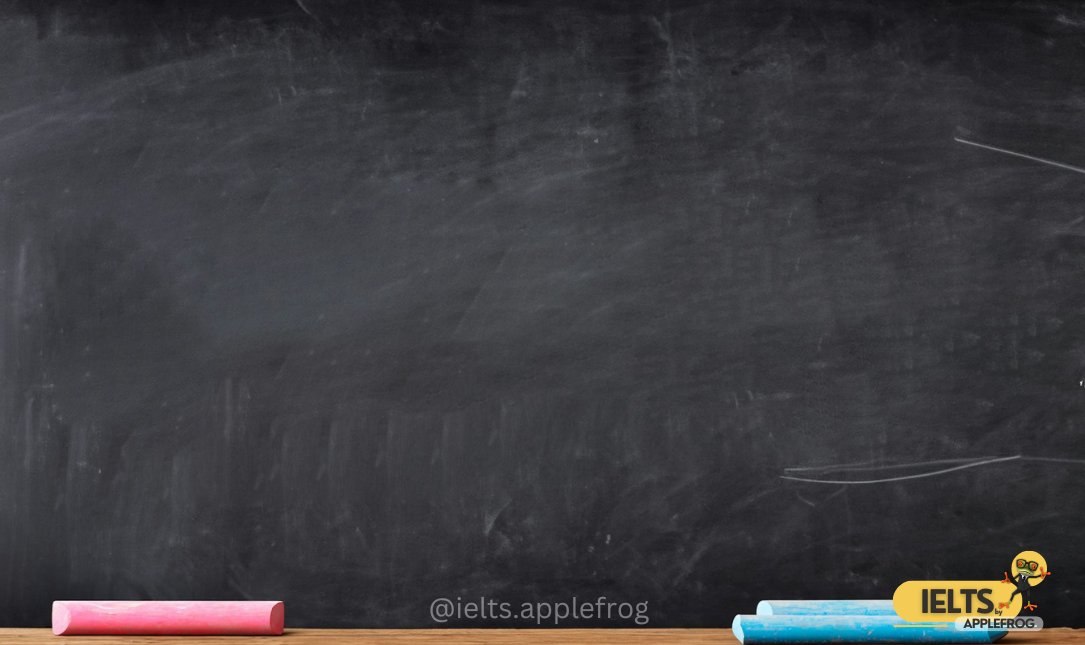
Understanding plural and possessive forms of nouns is crucial for accurate grammar and effective communication. This guide explores the rules and variations to help you apply them confidently in your writing and speech.
Plural Forms of Nouns
Nouns in English can take different plural forms depending on their spelling and pronunciation. Let’s break it down:
1. Regular Plurals
Most nouns form their plural by adding -s to the singular form.
Examples:
- pen (singular) → pens (plural)
- apple (singular) → apples (plural)
2. Plurals Ending in -s, -sh, -ch, -x, or -z
Nouns ending in these sounds form their plural by adding -es to the singular form.
Examples:
- box (singular) → boxes (plural)
- brush (singular) → brushes (plural)
3. Plurals Ending in -y
If the noun ends in a consonant followed by -y, change -y to -ies.
Examples:
- party (singular) → parties (plural)
- lady (singular) → ladies (plural)
4. Irregular Plurals
Some nouns don’t follow standard pluralization rules and have unique plural forms.
Examples:
- foot (singular) → feet (plural)
- goose (singular) → geese (plural)
5. Unchanged Plural Forms
Certain nouns maintain the same form in both singular and plural.
Examples:
- fish (singular and plural)
- moose (singular and plural)
Possessive Forms of Nouns
Possessive nouns indicate ownership or association. Here are the rules:
1. Singular Possessive
To show ownership by a singular noun, add an apostrophe followed by -s (‘s).
Examples:
- Alice’s notebook
- The dog’s leash
2. Plural Possessive
For plural nouns ending in -s, place the apostrophe after the -s.
Examples:
- teachers’ lounge
- houses’ roofs
3. Possessive with Irregular Plurals
If an irregular plural noun does not end in -s, add ‘s as if it were a singular noun.
Examples:
- men’s jackets
- geese’s migration
4. Joint Possession
When two or more people share ownership, add ‘s to the last noun in the series.
Examples:
- Emma and Jack’s apartment
- the team and coach’s victory
Additional Tips
- Possessive pronouns (e.g., mine, yours, ours) do not require an apostrophe.
- Possession is not usually attributed to abstract concepts or inanimate objects, though exceptions exist (e.g., the clock’s hands).
Grammar is the foundation of effective communication, and understanding noun forms is a key step.












 Here can be your custom HTML or Shortcode
Here can be your custom HTML or Shortcode
0 Comments